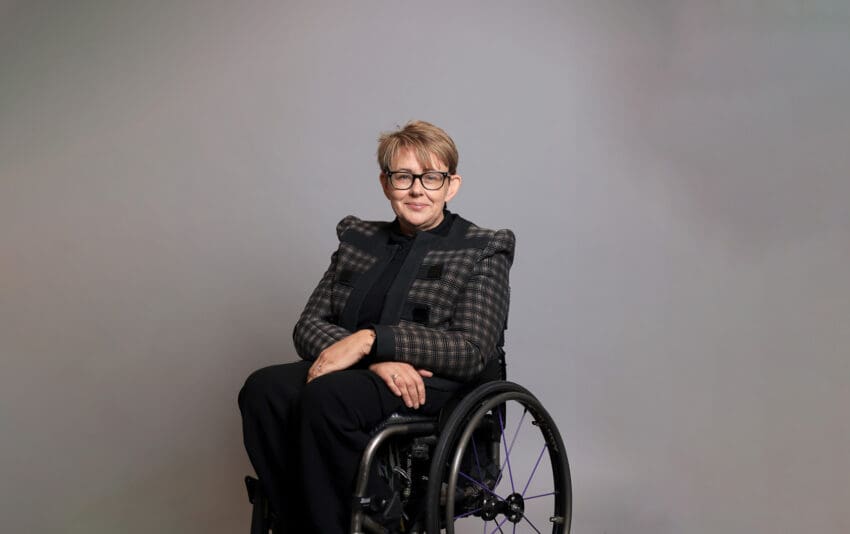Paralympic champion demands legal standards for charger accessibility
One of Britain’s most successful Paralympic athletes has backed calls for better accessibility to become a legal requirement for EV chargers.
Baroness Tanni Grey-Thompson DBE said that it was ‘appalling’ that campaigners were having to fight to have voluntary standards made mandatory.
The crossbench peer said that disabled motorists were being discriminated against and obstructed in making the switch to electric cars due to badly designed devices and charger locations.
She said that she had planned to move to an EV but was put off by multiple problems at public chargers.
She told Recharge UK: “We were very close to buying an electric car but when we started looking at the accessibility of the charging stations it very quickly became apparent that it was a complete no-go.
“Many of the charging stations we looked at I would not be able to use for many reasons which include the height of the charging stations, high steps, gravel, and no wide spaces.
“One place we looked at I might have been able to use the charger but there were no accessible spaces so I could not get my chair out of the car to be able to use it. There was also an issue with lighting. One place I checked later at night felt very isolated and I was not sure I would feel safe getting out.”
Baroness Grey-Thompson called for the BSI PAS 1899:2022 standard on chargers to be made mandatory. The standard gives best-practice advice on the design, installation and layout of EV chargers to make them accessible to all – but is currently voluntary, meaning operators and land owners are under no obligation to follow it. Campaigners want to see legislation brought forward to make it a legal requirement.
Baroness Grey-Thompson added: “It is appalling that it has not been considered before and that we are retrospectively trying to fight for it.”
She added: “It is clearly unacceptable that it has been possible to build EV charging infrastructure without accessibility. As we move to electric vehicles disabled people will experience more discrimination if they are not able to transition.”
Recharge UK is the EV arm of trade body, the Association for Renewable Energy and Clean Technology. Its transport policy manager, Matthew Adams, commented: “Net zero road transport should be for everyone. We have a unique opportunity to solve concerns around accessibility that we have simply never solved at petrol pumps across the UK.
“We are currently involved in reviewing PAS 1899 to make it 100% deliverable and I’m sure once that process is complete the government will be able to use it as the basis behind mandating minimum levels of accessibility for public charging sites.
“Baroness Grey–Thompson is not the first person to call for mandating PAS 1899 and will not be the last while many charging sites are simply not accessible and not safe. Our members are consistently at the forefront of innovation, and I know they will and are working to ensure their sites are as accessible as possible, and we are here to help them and the wider industry achieve this.”
